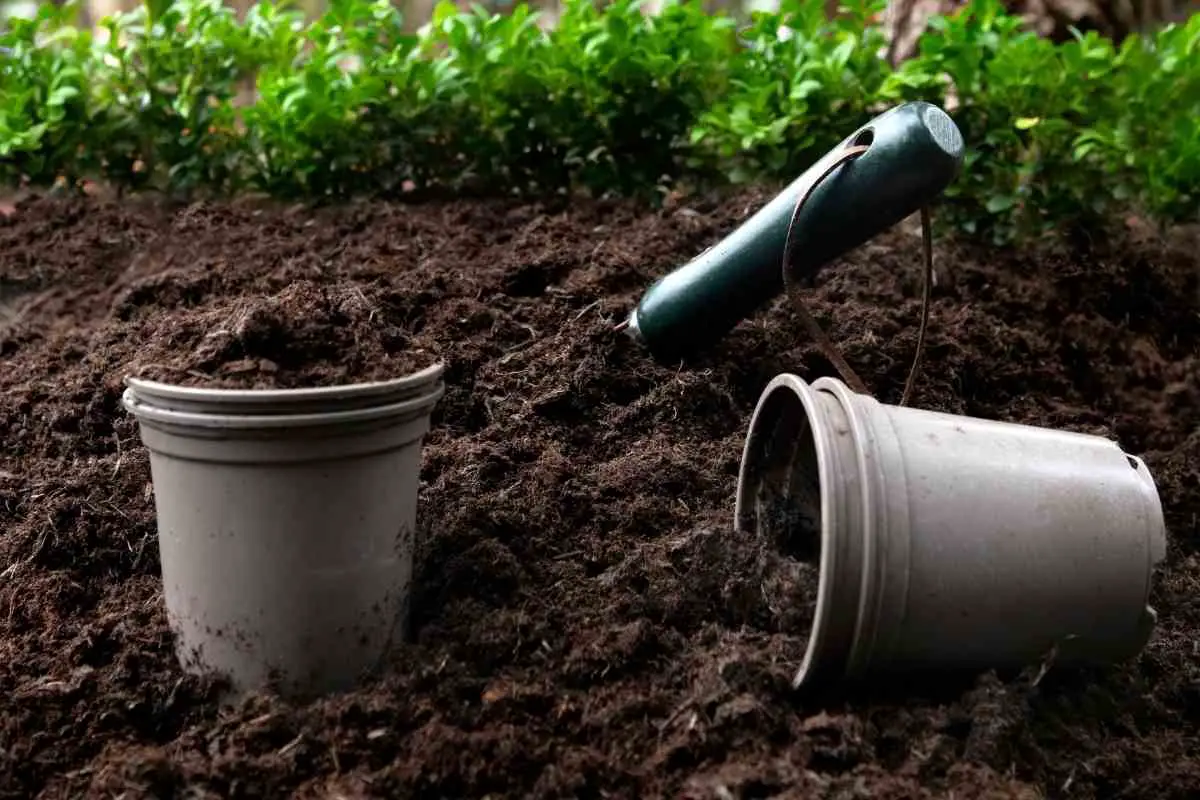The removal of peat from fens, bogs, and marshes has been shown to contribute to climate change by adding significantly more carbon dioxide to the environment. As a result, alternative composts which do not contain any peat are considered more environmentally friendly than ones that do.
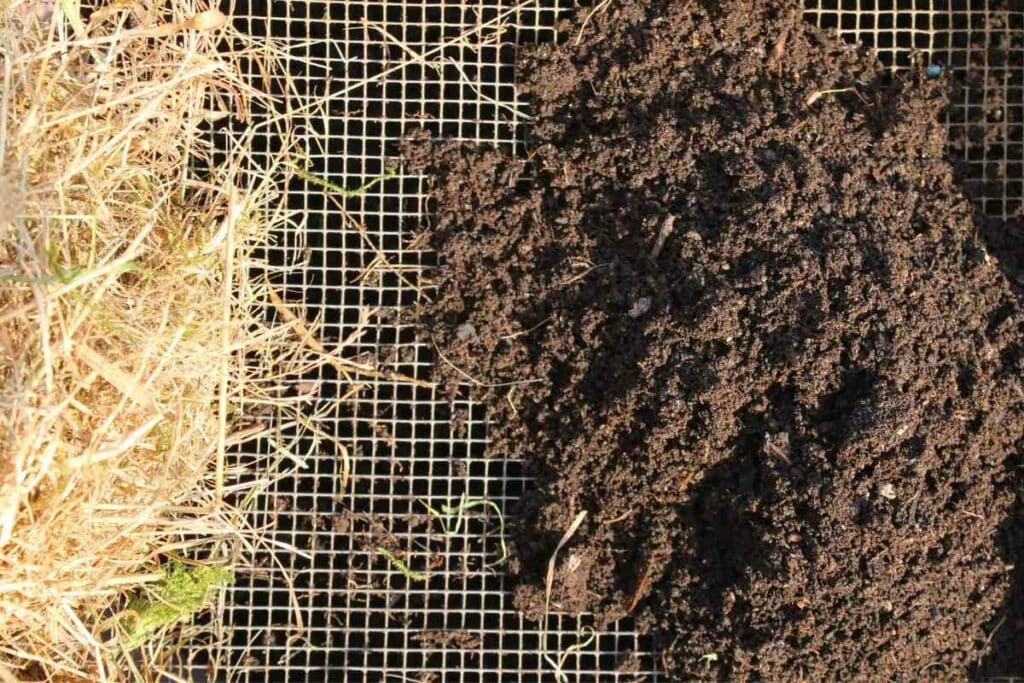
In this article, we will expand on why peat free compost is environmentally friendly, what ingredients are better to use than peat, which ingredients in peat free compost might not be ecofriendly, and other benefits peat free compost may offer.
Additionally – We will provide you with the best brands of peat free compost to purchase and tips on how to make your own peat free compost.
What Makes Peat Free Compost Environmentally Friendly?
Peat free compost is considered good for the environment because it does not contain peat which is extracted from bogs, marshes, and fens. The consequences of removing peat from its natural habitat release trapped carbon dioxide into the environment. Peat marshes also provide a home for a variety of birds, insects, and other small creatures.
By removing the peat from these natural habitats, some animals may lose their homes, nesting places, and breeding grounds.
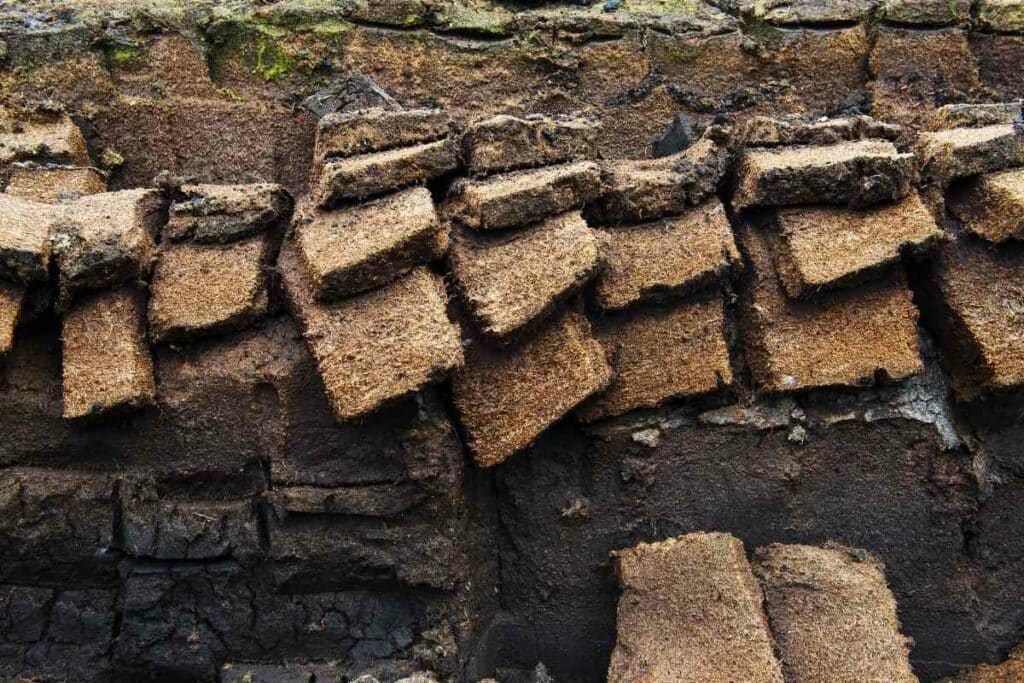
Peat bogs are also important areas for sinking carbon.
Since peat is the partial decomposition of animal and plant remains, it absorbs carbon from the environment to aid in the process.
If you removed the peat from its natural environment, that trapped carbon would be released into the atmosphere, thus accelerating climate change.
Peat free compost offers an alternative to using compost with peat in it that will benefit not only your garden but also the environment at large.
What Ingredients in Peat Free Compost Are More Environmentally Friendly than Peat?
Most of the ingredients in peat free compost are considered environmentally friendly and most are biodegradable. A majority of peat free composts are composed of wood fibers, bark, and garden waste which are all organic, break down easily, and do not contribute to the negative effects of climate change.
Wood fibers, discarded bark, and garden waste are all ingredients that can be obtained as waste products that would otherwise be thrown away.
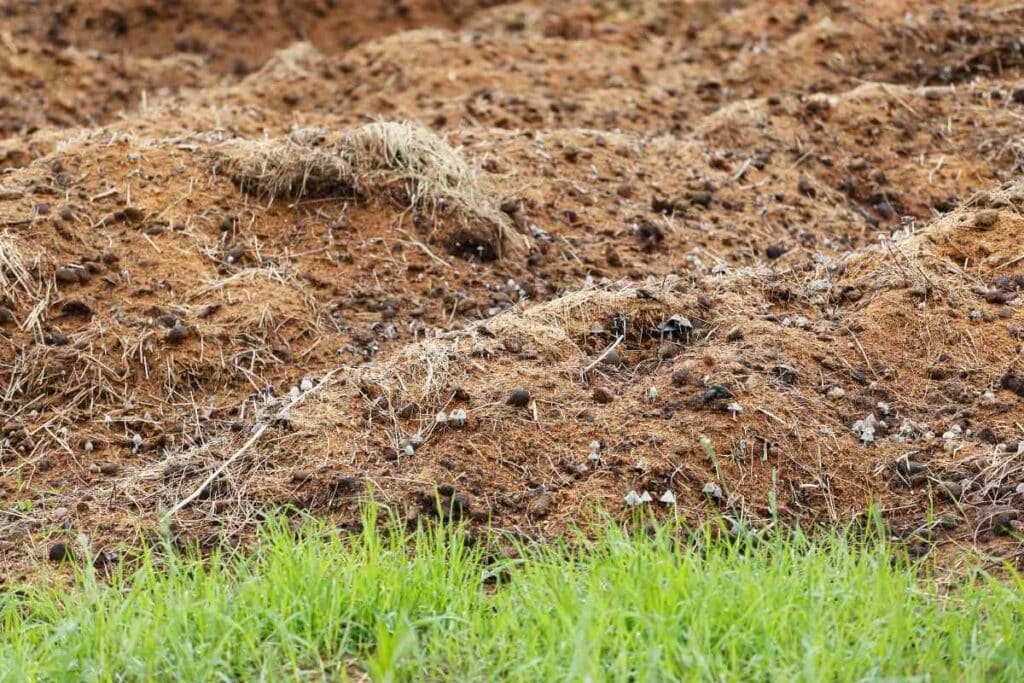
Instead, they are put to good use as food for gardens and trees.
No habitats or natural biomes need to be disturbed or destroyed in order to collect these ingredients, unlike the process for collecting peat.
One of the common inorganic ingredients in peat free compost that is also more environmentally friendly than peat is perlite.
This material can be mined with little to no environmental impact unlike the collection of peat.
Are There Ingredients in Peat Free Compost That Are Not Environmentally Friendly?
Some peat free composts may contain coir and rock wool, both of which are not the most environmentally friendly materials. While they are better to use than peat, they still have significant impacts on the environment.
Coir is the common term for coconut fibers harvested from the waste of coconut husks.
While the harvesting of coconuts is not detrimental to the environment, the processing of coir to make it useful in gardening compost does have a negative impact.
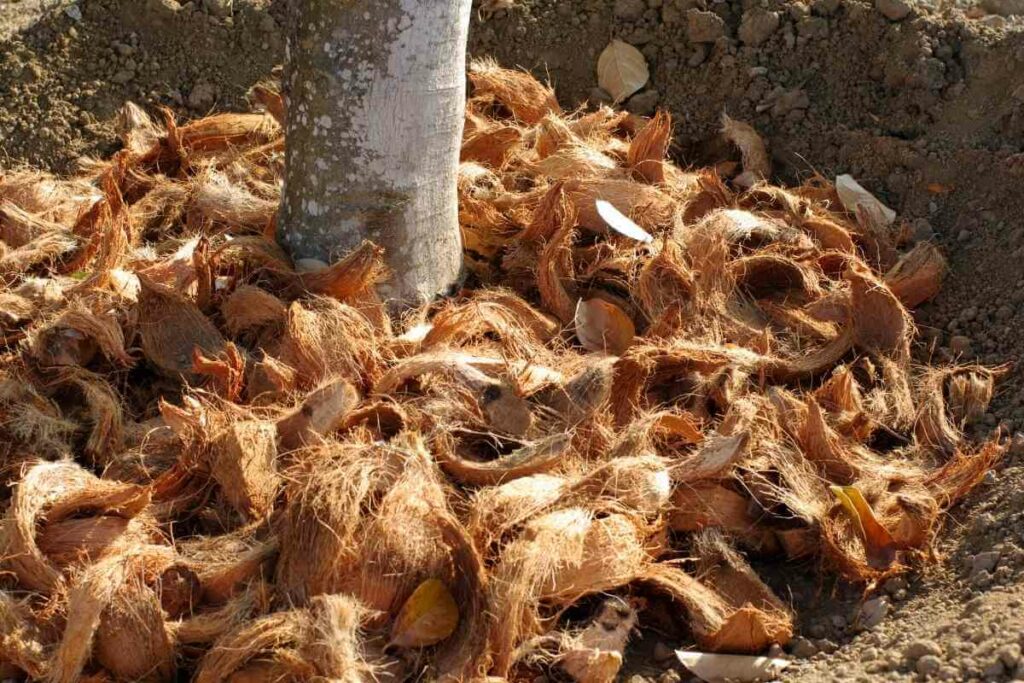
Since coir contains a high concentration of potassium, chemicals that are not environmentally friendly are used to remove a notable amount.
Additionally, a large volume of water is needed to flush out the chemicals from the coir.
Rock wool is similarly not too impressive on the environmental scale.
The process of creating rock wool involves heating rock and chalk to extremely hot temperatures to extract and combine the fibers.
This uses a lot of coal which puts more carbon into the environment. Not to mention rock wool, like plastic, is not biodegradable so it will stick around forever.
What Other Benefits Does Peat Free Compost Provide?
Besides being environmentally friendly, peat free compost aims to provide the same great benefits peat compost has to offer. Water retention and gradual nutrient allotment to plants are also some advantages to using peat free compost.
Peat is prized for its ability to absorb a generous amount of water but the ingredients in peat free compost can match peat’s water retentive capabilities.
By throwing perlite or sharp sand into the mix, peat free compost also offers proper drainage which is important for a healthily aerated ot system.
The unique properties of peat free compost also allow nutrients to be released over an extended period of time so as not to overfeed plants and cause harm.
Peat free compost has many important benefits for your plants including its environmentally sustainable qualities.
What Are the Best Environmentally Friendly Peat Free Compost Brands?
There are a number of companies that market peat free compost using a wide variety of ingredients including coir, bark, vegetable compost, charcoal, wool, and even chicken manure. The top brands to shop for include Sylvagrow, Happy Compost, Charlie’s Compost, and Petersfield.
Sylvagrow is a particularly good compost for potted plants and is mainly composed of coir, bark, and wood fibers – all wonderful alternatives to peat.
Happy Compost takes a different tack and bases its compost mixture on vegetable waste and other plant materials that don’t require harvesting from their natural habitat.
Charlie’s Compost is a bit different from other peat-free composts and primarily consists of chicken manure but also has hay, cornstalks, and wood fibers added in.
Petersfield is at the top of the peat free composting brands with its impressive mixture being used to compost famous public gardens.
Other notable mentions for peat free compost brands include:
- Dalefoot
- Carbon Gold
- Fertile Fibre
- Blue Ribbon Organics
- 5Hearts
- Great Big Plants
- Super Compost
- and New Horizon
How Can I Make My Own Environmentally Peat Free Compost?
You can purchase peat free compost for your garden but often these can be expensive especially if they contain ingredients like coir which requires intensive processing. AN alternative to buying peat free compost is making it yourself. With three simple ingredients – garden waste, loam, and leaf litter, you can have an excellent environment friendly compost mixture.
Make your own peat free compost by mixing one part leaf litter, two parts garden compost, and three parts loam together.
The loam is a mixture of sand and clay that can be purchased at any garden store.
The leaf litter and garden compost can be obtained from your own yard, provided you keep a compost area for kitchen and garden waste.
By sieving out the larger chunks of garden compost that have yet to break down and using the finer particles, you can create an environmentally friendly peat free compost that not only utilizes waste products but also does not destroy natural habitats.
Final Thoughts
Peat free compost is far more environmentally friendly than compost made with peat. The use of peat in composting encourages the destruction of natural habitat as well as the addition of carbon dioxide into the atmosphere.
By choosing peat free compost, you are supporting ecofriendly gardening that helps combat the detrimental effects of climate change.
There are plenty of viable options when it comes to purchasing peat free compost, but one of the best options is to make your own.
You can help do your part to ensure a greener tomorrow.
